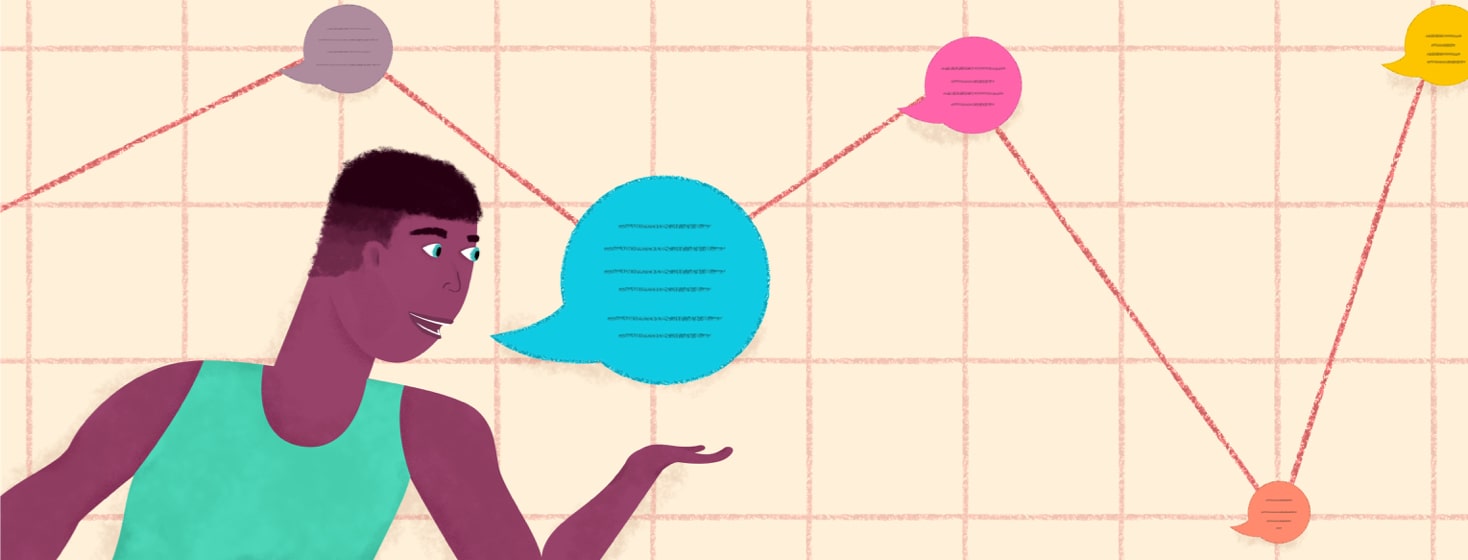Citizen Science and Sickle Cell
Have you ever thought about how you can help medical research? Perhaps helping a citizen scientist by responding to surveys is just one step.
What is citizen science?
Citizen science is public collaboration and participation in scientific research. Citizen science enables people to share and contribute to data collection programs.
Citizen scientists have contributed to over 70 fields of research, including biomedical, astronomy, light pollution, climatology, biology to humanities subjects, botany, wildlife, and history Even NASA has gotten into it through their Stardust program. In November of 2019 in London held an event exploring how citizen science can be applied to biomedical research.
Celebrating citizen science
In the United States, the National Oceanic and Atmospheric Administration (NOAA) will be celebrating citizens' curiosity and enthusiasm to advance scientific knowledge as part of Citizen Science Day on April 16.1
Science is our most reliable system for gaining new knowledge. And, citizen science lets us ask new questions, collect data, and discover scientific advancements with your help. Check out Citizen Science Day events on citizenscience.org for you a plethora of information, you can also join the conversation on social media using #CitizenScienceDay.
Citizen science in the biomedical field
If being a “witness” is valued in the criminal justice system, why can’t it have value or more weight in the biomedical field? The patient’s testimony should have more impact than what it has today... too many times the patient's testimony is scrutinized and discredited.
I also think that if the public has a legitimate concern about a public health issue, it should be funded and investigated to the best of our ability as a nation. The next time you see a survey on sickle cell disease or sickle cell trait it just may be put together by a group of citizen scientists conducting their own study and to have that information published in a citizen scientist magazine or website.
How does citizen science work?
It could also be a way patients can find more information about what condition they have, although, it wouldn’t be an official list of symptoms they could get an idea of the complaints that other patients deal with, it would just be added information someone can use to ask their medical provider about.
How can it help
If my mom was armed with more information to ask my doctor, perhaps, I would’ve been more cautious with my hydration levels, just to name one example. You can search around and find different kinds of citizen science magazine groups with some that are peer-reviewed and some that are not. Remember that a citizen scientist is an everyday person with no “scientific training” and will be easily categorized as pseudoscience, but in the conservation movement, citizen scientists have always been around. Certain organizations like the Audubon Society is credited as being one of the oldest such groups.
Improving access to information and human rights
In conclusion, whatever information is found in the citizen scientists realm, citizens have a Human Right to spread that information. Everyone has the right to freedom of thought and conscience, which is dealing with your innermost thoughts or joint knowledge of something, a knowing of a thing together with another person. Article 19 of the Universal Declaration of Human Rights states "Everyone has the right to freedom of opinion and expression; this right includes freedom to hold opinions without interference and to seek, receive and impart information and ideas through any media and regardless of the frontiers." 2

Join the conversation